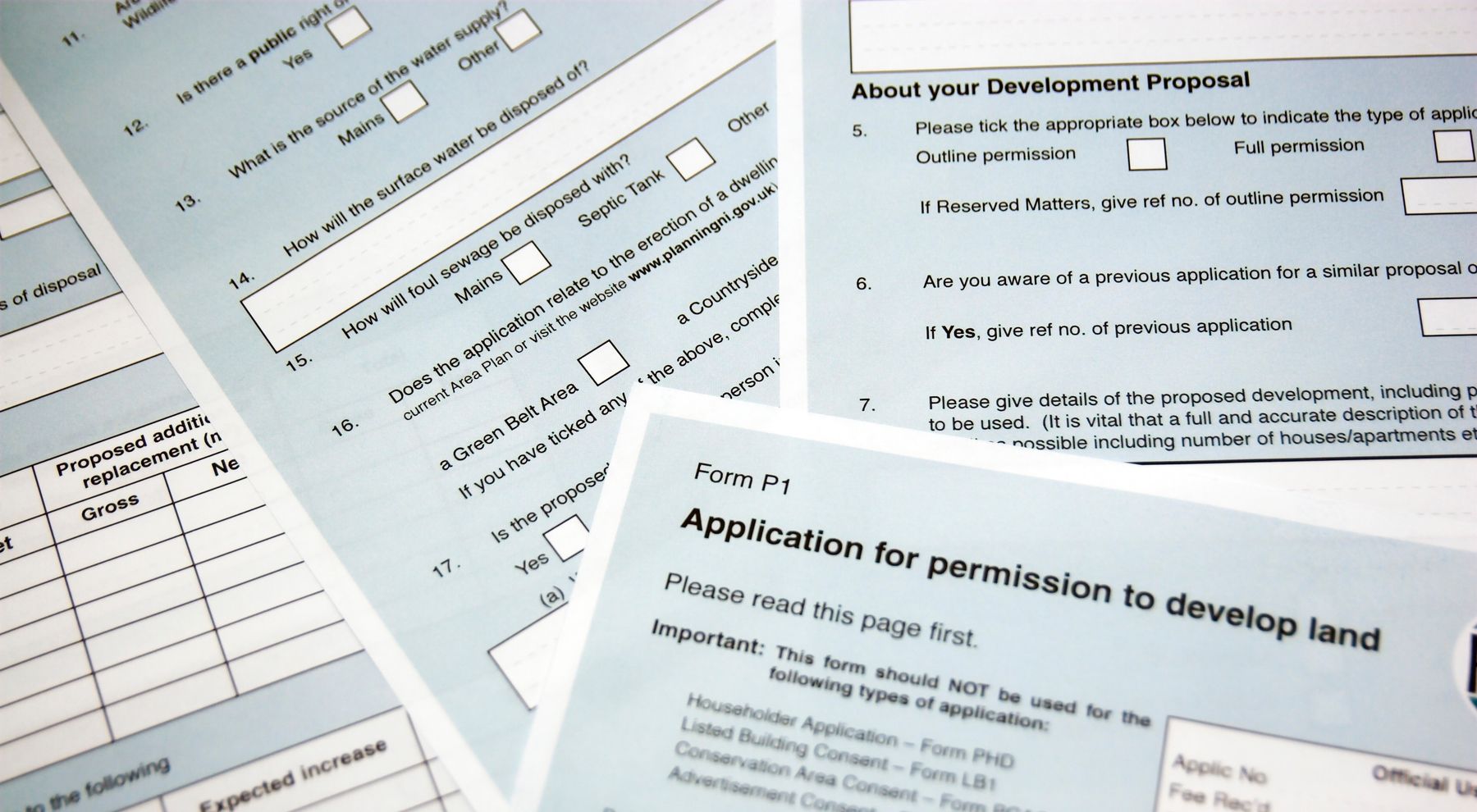How to Oppose a Neighbour’s Planning Permission Application

What happens when your neighbour plans a building project that obstructs your view or devalues your home? Large renovations and new structures require planning permission. Luckily, this means that you have the chance to oppose it and could potentially get their permission overturned.
Talk to Your Neighbour
The first step in any objection should be to speak with your neighbour about the issue. Sometimes you can resolve the issue without going through the legal process. If you do go through the full process, it can create a lot of strain on your relationship. Try talking it out first.
Research and Learn
In order to successfully oppose a planning permission application, you will need to learn as much as you can. Start by learning about planning permissions in your area. Find out what different types of planning applications exist, then determine what type your neighbour applied for. You should also learn who the appropriate local authority is and if there is a specific process for the opposition. Once you have all that information it’s time to start formulating your objection.
Drafting an Objection
When you are creating an objection, it cannot be a general one. You need to have specific reasons as to why you are opposing the plan. Take the information you learned from your research and use it to articulate why you are objecting. Ensure your reasons are acceptable for objecting according to your local authority.
Submitting Your Objection
The next step is to actually submit it to the right authorities. Make sure that you pay attention to the timelines they lay out. Comments and objections typically need to be filed within 21 days. Late submissions are often overlooked. It does not cost anything to object, but you should know that it will be public. Objections cannot be made confidentially, so your neighbour will know that you objected to their proposal.
Attend Council Meetings
It is important that you attend any council meetings that concern the planning application. If you would like to be added to the meeting agenda, you can contact your council to ask how to be added. Even if you are not on the agenda, you should attend to ensure that if it is spoken about, you are able to comment. Are you considering an objection? Let
Simon Levy Associates help.
Contact us today for more information.











